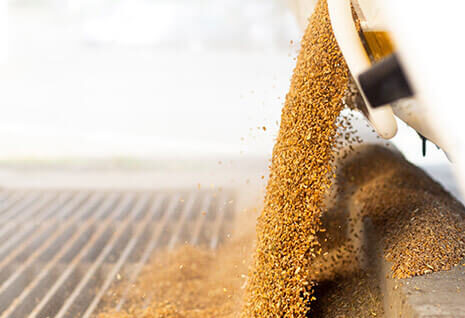Between January and July 2025, Morocco imported just under 5.85 million tons of cereals—a drop of 11% compared to the same period last year. While the overall decline might suggest a contraction in demand, data released by the National Federation of Cereal and Legume Traders reveals a more complex picture, with each grain following its own trend.
Durum wheat imports rose sharply, reaching over 825,000 tons—up 24%—driven largely by rising demand from Morocco’s pasta and semolina industries. Corn, essential for livestock feed, also saw a solid increase of 12%, with imports topping 1.7 million tons. In contrast, soft wheat—the most consumed grain in the country—fell by 16%, totaling 2.63 million tons. Barley imports took the biggest hit, plummeting by 58%, due to improved conditions in livestock sectors and tighter inventory management.
This shift in import dynamics comes as Morocco continues its broader strategy to secure stable grain supplies. A favorable global supply situation has allowed the government to scale purchases more carefully, with a focus on building up strategic reserves without overloading current stocks.
Despite these shifts, the country remains heavily reliant on international markets, especially for soft wheat. However, the pivot toward more durum wheat and corn reflects a more tailored approach to domestic needs—balancing human consumption with livestock feeding requirements.
Supporting this effort is a resilience program backed by the African Development Bank, launched in 2021. The initiative has received top marks in its final assessment, praised for stabilizing prices, protecting farmers, and modernizing supply chains. With national grain production expected to rise by 41% this year—reaching an estimated 44 million quintals—Morocco appears to be making steady progress toward greater food self-sufficiency.
